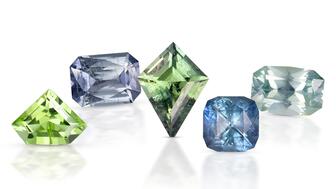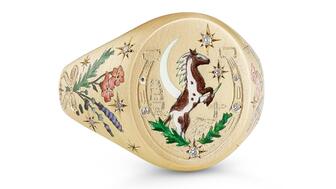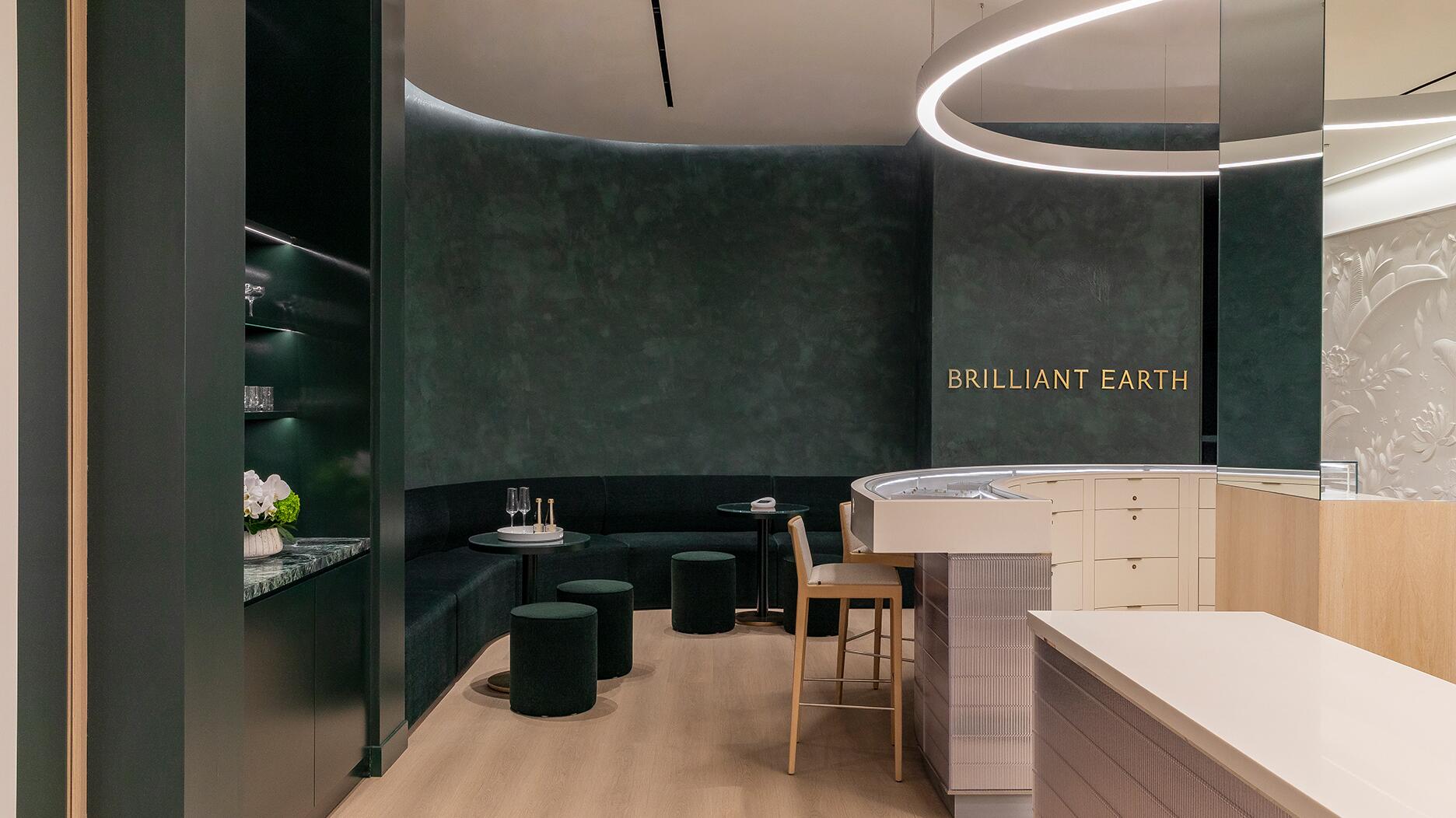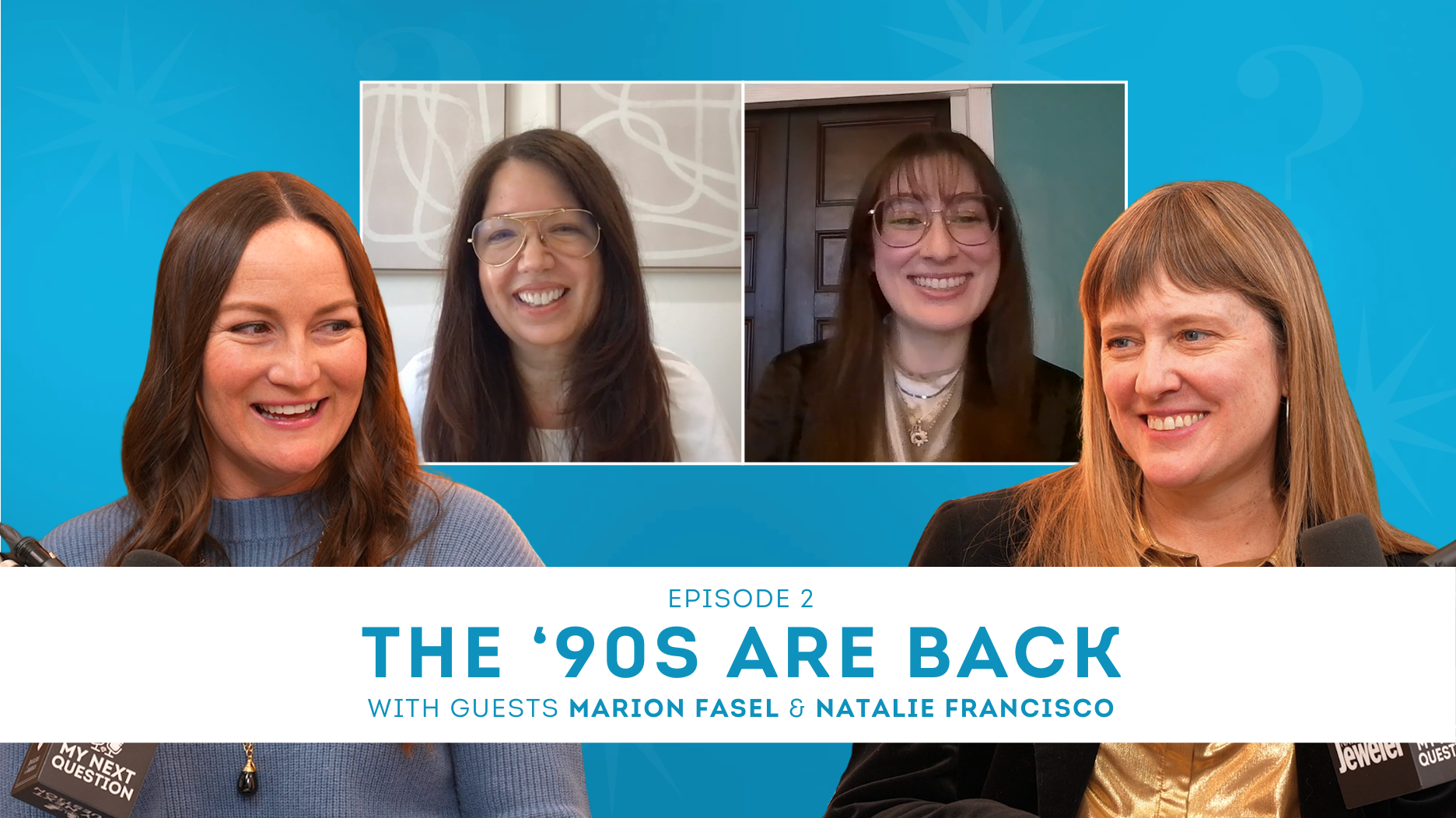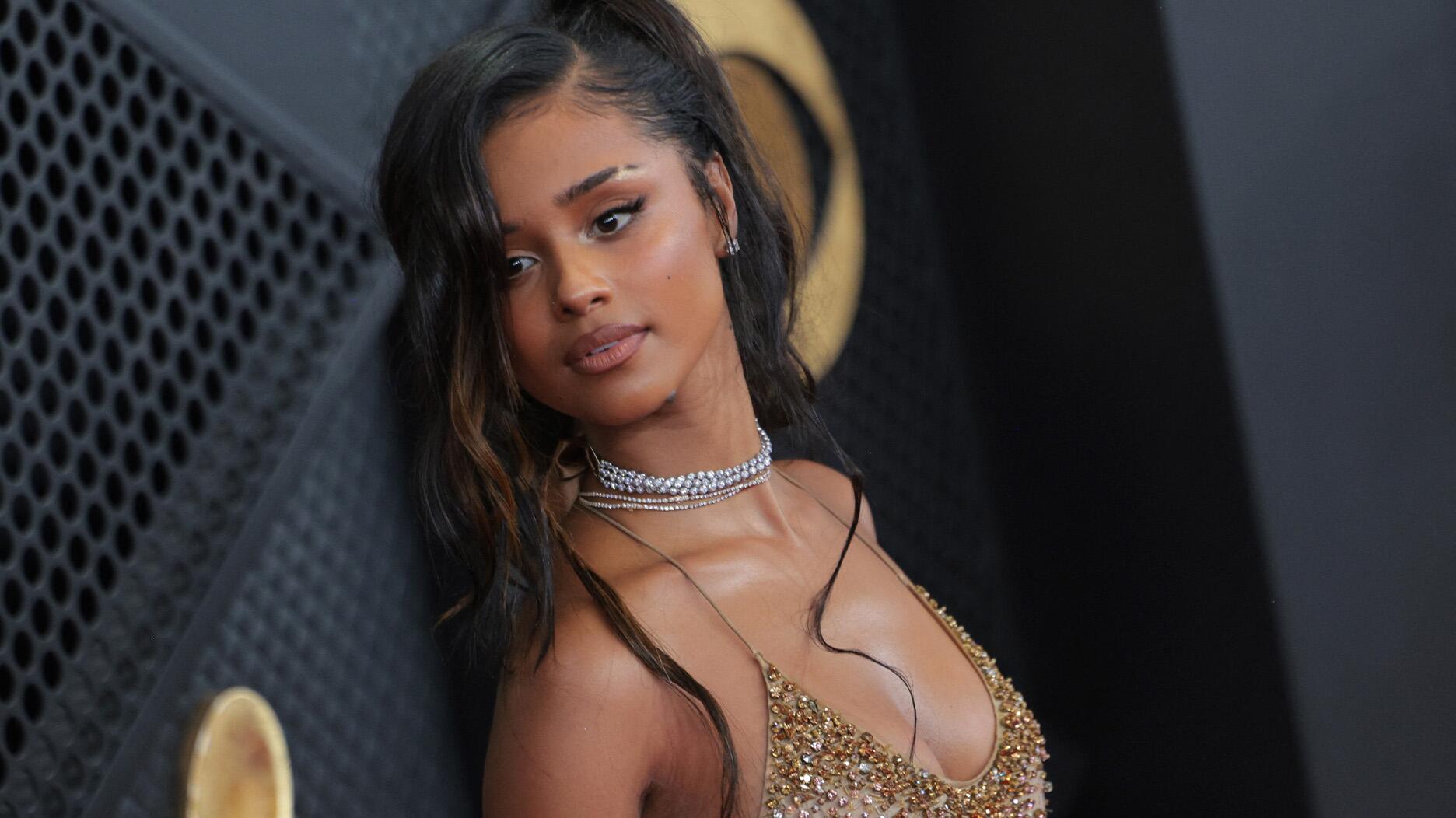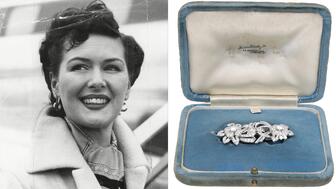The jewelry collection belonged to “one of society's most glamorous and beautiful women of the mid-20th century,” said the auction house.
3 Thoughts About the New Campaign for Diamonds
Editor-in-Chief Michelle Graff gauges the online reaction and shares her initial impressions of “Real is Rare.”

Now, let me start this blog by saying that it’s way too early to pass any judgements on the success or failure of the campaign, which is only about three weeks old.
I believe the real tell for “Real is Rare” will be more long term. It won’t be gauged on the comments sections of social media sites but, rather, at the cash registers in jewelry stores in coming years.
And the Diamond Producers Association knows that; they don’t expect this campaign to move the needle on diamond jewelry demand overnight.
As DPA Chairman Stephen Lussier noted at the campaign’s launch party held earlier this month in New York, “We’re not setting out to transform Christmas this year, or even perhaps Christmas next (year), although I’d like to think we’d have a positive impact.
“Our real mission here is the long-term foundation of making sure that these consumers now, these millennials ... that they have this belief in the diamond dream.”
That being said, here are a few thoughts in the immediate wake of the launch of “Real is Rare” with some insights from the DPA’s Chief Marketing Officer Deborah Marquardt, who took time to chat with me on the phone on Monday.
1. The negative comments aren’t anything new. On social media, they mostly are along the lines of diamonds aren’t really rare, the whole diamond engagement ring thing is a scam perpetrated by De Beers to sell more diamonds (as if De Beers is the only company in the world to ever successfully market its product), they’re all “blood diamonds,” etc.
I actually asked Lussier about the whole “rare” approach when I interviewed him in June after the DPA debuted the “Real is Rare” tagline in Las Vegas; was there any hesitation on the DPA’s part about the word “rare” being used?
Lussier told me then that the “diamonds aren’t rare” argument didn’t come up when consumers were interviewed during the campaign’s development, though he did allow that consumers “recognize that there are rare ones (meaning diamonds) and there are less rare ones, particularly when it comes to size and quality.”
Overall, though, Lussier said he doesn’t see the use of the word “rare” being an issue. He also pointed out that in the campaign, “rare” references the rarity of real connections in today’s digital world, not the diamonds themselves.
I, personally, would have opted to simply weed out the negative remarks rather than disable comments entirely, given the fact that not being able to comment definitely won’t go unnoticed by the members of the generation at whom this campaign is aimed. (And, in fact, it hasn’t; check out the comments section of this AdWeek story.)
When I asked Marquardt about it, she said the DPA sees YouTube primarily as a platform for video viewing while Twitter, Instagram and Facebook are the platforms where they really want the dialogue to happen.
And it is happening, as there are both positive and negative remarks about the campaign on social media.
“We would love it, of course, if everybody loved everything, but I think what’s most important is if people are talking, then we are breaking through,” she said.
For anybody who wants to check it out the campaign’s content and comments, “Real is Rare” can be found on Facebook, Twitter and Instagram by searching @RealisaDiamond while the hashtag for the campaign is #RealisRare.
(The DPA went with @RealisaDiamond over @RealisRare because @RealisaDiamond was available across all platforms.)
2. Is it too unconventional? There’s a lot of “wild” going on in both commercials but, interestingly enough, there aren’t any traditional engagement rings.
In “Runaways” the couple runs off together after their first date, first to his apartment, then to Thailand, then to a third floor walk-up (Where? Should we guess Brooklyn? And, on that note, does anybody in any type of advertising today not look like they live in Brooklyn? ) before finally settling in a remote locale where chickens run free.
Meanwhile, in “Wild & Kind” the couple is committed to a life together but is unsure if they’ll ever formally tie the knot.
One Midwest retailer seems to think it might be a bit too much wild for his customers, writing in the comments section of our last story on the campaign that the DPA, “might be missing out on regional opportunities to create ads for those ‘traditional’ Gen-Xers who might still believe in carrying on the old ways.”
“We out here in the fly-over states still have the same problem,” with diamond sales, he wrote. “They are not being told to buy bigger diamonds or on more occasions. We need their (the DPA’s) support too.”
You can read the retailer’s entire comment on “Real is Rare” here.
One of the 20-something, New York City-based editors here said the same when I asked for her feedback.
While for the most part she likes the direction of the campaign, she did note that it “kind of feels like they are trying a little too hard to be ‘alternative’ and non-traditional.”
“I wonder if they might be missing out by not doing any commercials yet that are more traditional, just helping build the value of a diamond and keeping it as the symbol for marriage and the idea of ‘forever’ in that sense?” she asked.
I asked Marquardt about this when we talked on Monday and she hinted that some more traditional ads were coming down the pike, with “successive waves of communication” set to roll out throughout the end of the year and into 2017.
It was a “conscious decision” by the DPA to launch with the campaign with ads that were more non-traditional, she said, “but it is in no way to say that engagement and marriage and traditional commitment aren’t going to be addressed in the campaign.”
In talking with Marquardt about the less-traditional nature of these first few ads, I also got an answer to my next question, which was …
3. Is there going to be a commercial that includes a same-sex couple? When the DPA screened the ads for members of the industry and press in New York, they told the audience there were going to be two ads.
So I--along with a few of the people seated near me--figured we’d see one ad with a man-woman pair and another with a gay or lesbian couple. I was a bit surprised when both commercials featured a man and a woman together.
While Marquardt can’t share many specifics about what’s next, she did note that “we have a 360 campaign that celebrates many types of relationships and is reflective of our society today.”
Some might think we are living in times that are overly political correct, but I think it’s just what is right. If we are in the business of celebrating love, then all types of love need to be represented.
What do you think of what you’ve seen of “Real is Rare” so far? Have your customers said anything about it? Leave your comments below or email me at michelle.graff@nationaljeweler.com.
The Latest

The update came as Anglo took its third write-down on the diamond miner and marketer, which lost more than $500 million in 2025.
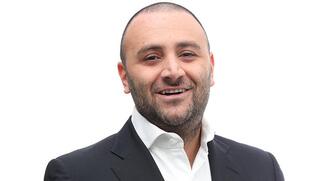
Emmanuel Raheb discusses the rise of “GEO” and the importance of having well-written, quality content on your website.

Every jeweler faces the same challenge: helping customers protect what they love. Here’s the solution designed for today’s jewelry business.
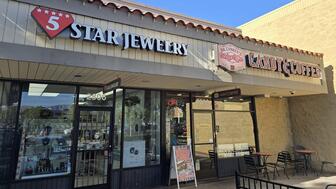
Each received around four years for burglarizing a jewelry store and a coffee shop in Simi Valley, California, last May.

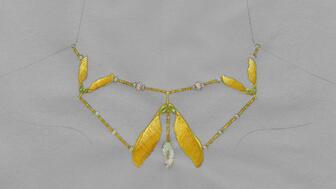
Catherine Aulick, a GIA graduate, received the ninth and final Gianmaria Buccellati Foundation Award for Excellence in Jewelry Design.
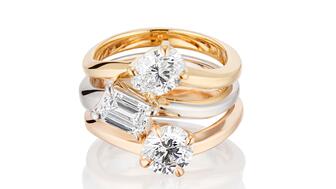
We asked a jewelry historian, designer, bridal director, and wedding expert what’s trending in engagement rings. Here’s what they said.

With refreshed branding, a new website, updated courses, and a pathway for growth, DCA is dedicated to supporting retail staff development.
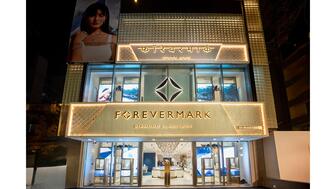
Experts from India weigh in the politics, policies, and market dynamics for diamantaires to monitor in 2026 and beyond.

Are arm bands poised to make a comeback? Has red-carpet jewelry become boring? Find out on the second episode of the “My Next Question” podcast.
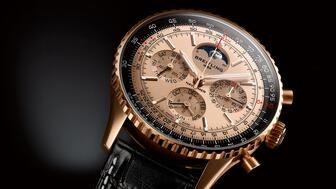
The Swiss watchmaker is battling declining sales amid a rapid retail expansion, according to a Financial Times report.
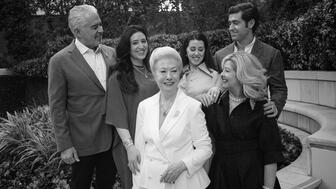
The campaign celebrates Giustina Pavanello Rahaminov, the co-founder’s wife and matriarch of the family-owned brand, for her 88th birthday.
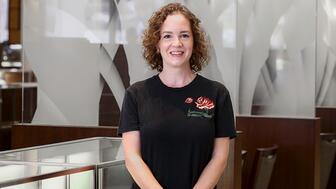
Rachel Bennett, a senior jeweler who has been with Borsheims since 2004, earned the award.

After the Supreme Court struck down the IEEPA tariffs, President Trump imposed a 10 percent tax on almost all imports via a different law.

The industry veteran, who was with The Edge Retail Academy for 14 years, joins her husband at the company he founded in 2022.
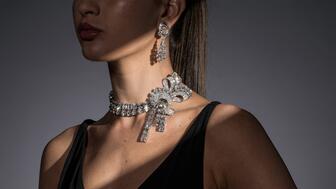
The vintage signed jewelry retailer chose Miami due to growing client demand in the city and the greater Latin American region.

Former Flight Club executive Jin Lee will bring his experience from the sneaker world to the pre-owned watch marketplace.
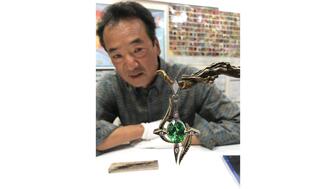
Sakamoto, who died in mid-January following a sudden illness, is remembered for his humility and his masterful, architectural designs.
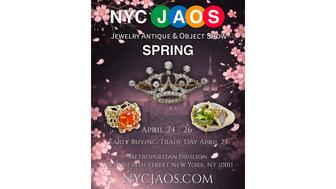
The April event will feature a new VIP shopping day requiring a special ticket.

Bulgari chose the British-Albanian singer-songwriter for her powerful and enduring voice in contemporary culture, the jeweler said.

In a 6-3 ruling, the court said the president exceeded his authority when imposing sweeping tariffs under IEEPA.

Smith encourages salespeople to ask customers questions that elicit the release of oxytocin, the brain’s “feel-good” chemical.

JVC also announced the election of five new board members.
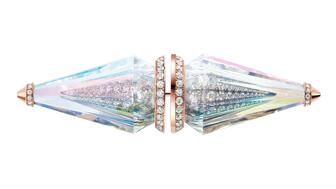
The brooch, our Piece of the Week, shows the chromatic spectrum through a holographic coating on rock crystal.

Raised in an orphanage, Bailey was 18 when she met her husband, Clyde. They opened their North Carolina jewelry store in 1948.

Material Good is celebrating its 10th anniversary as it opens its new store in the Back Bay neighborhood of Boston.
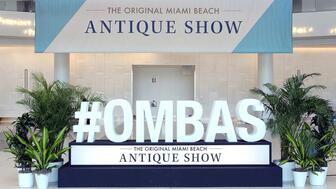
The show will be held March 26-30 at the Miami Beach Convention Center.


